Supreme Court to Decide Fate of Thousands of Ballots Amid Voting Law Challenge
In a move that could have significant implications for the integrity of US elections and the rights of voters, the US Supreme Court has agreed to review a case that could potentially invalidate thousands of ballots cast in federal elections. The case, Watson v. RNC, hinges on a 1872 law that allegedly requires all ballots to be received by Election Day, a restriction that has been largely overlooked for over 150 years.
According to the Republican Party's arguments, states have been incorrectly counting ballots that were mailed before Election Day but arrived after the deadline. The party claims that this practice has been ongoing for decades, and that it is a clear violation of the 1872 law. If the court rules in favor of the GOP, it could lead to the invalidation of thousands of ballots, potentially affecting the outcome of federal elections.
The Supreme Court announced on Monday that it will hear Watson v. Republican National Committee, a case that has been making its way through the courts for months. The case was initially filed in a lower court, but was later appealed to the Supreme Court, where it will now be reviewed. The court's decision is expected to have far-reaching implications for the integrity of US elections and the rights of voters.
The 1872 law at the center of the case is a little-known provision that has been largely overlooked for over 150 years. According to Ian Millhiser, a senior correspondent at Vox, the law was enacted at a time when mail delivery was much slower and more unreliable than it is today. "The law was written in an era when it took weeks for mail to arrive," Millhiser said. "It's hard to imagine that the framers of the law would have intended for it to be applied in the same way today."
The case has sparked concerns among voting rights advocates, who argue that the 1872 law is outdated and should not be used to invalidate ballots. "This law is a relic of the past, and it's being used to disenfranchise voters in a way that is not intended by the Constitution," said a spokesperson for the American Civil Liberties Union. "We urge the Supreme Court to reject the Republican Party's arguments and uphold the rights of voters."
The Supreme Court's decision is expected to be made in the coming months. In the meantime, voters and election officials are bracing for the potential impact of the ruling. "We're preparing for all possible outcomes," said a spokesperson for the National Association of Secretaries of State. "We urge voters to make sure their ballots are postmarked on or before Election Day, and to follow the instructions provided by their local election officials."
The Supreme Court's review of Watson v. RNC is a significant development in the ongoing debate over voting rights and election integrity. As the court considers the case, it will be closely watched by voters, election officials, and advocates on both sides of the issue. The outcome of the case will have far-reaching implications for the integrity of US elections and the rights of voters, and it is likely to be a major topic of discussion in the months and years to come.
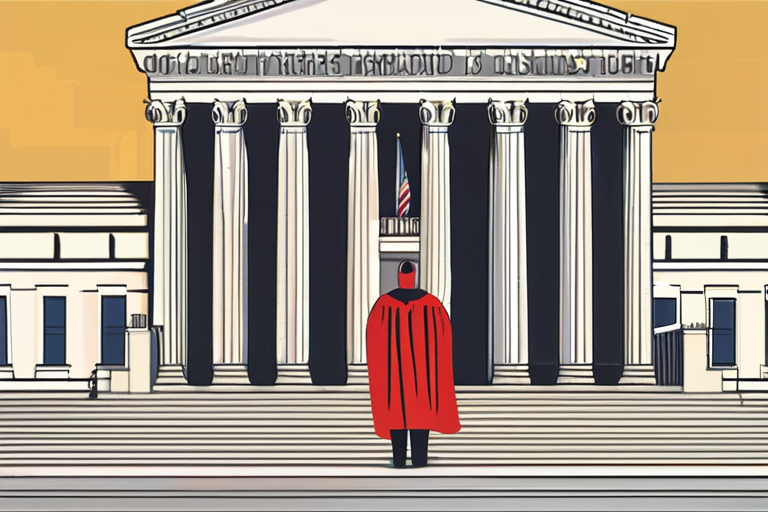


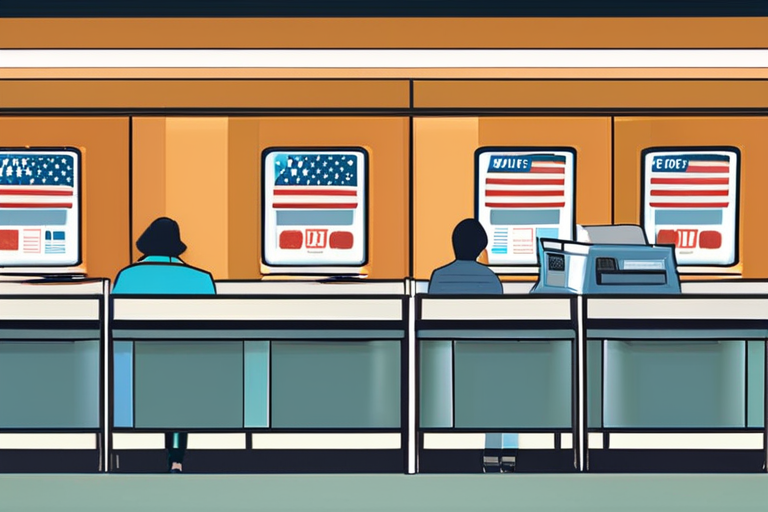


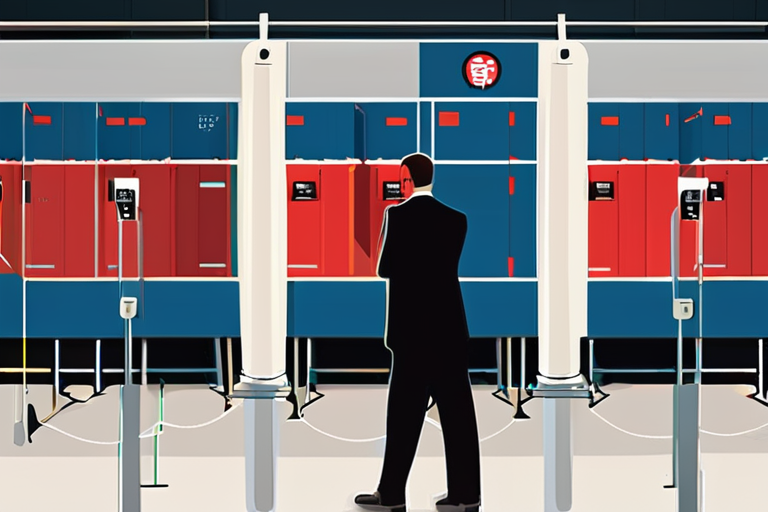







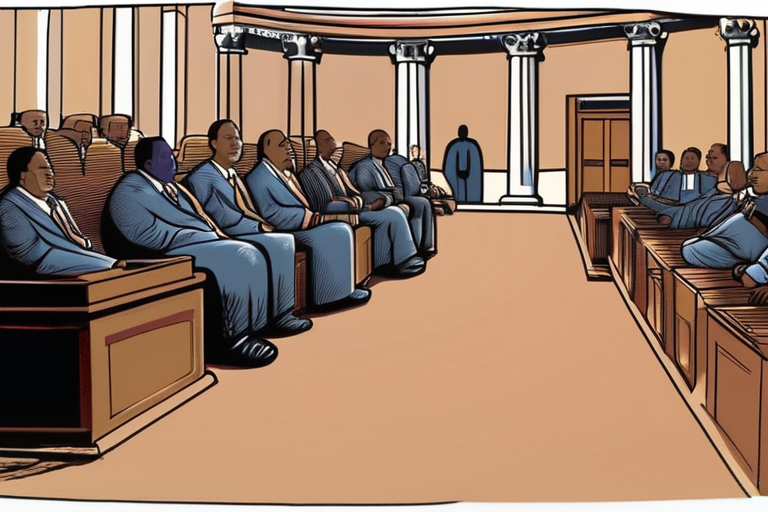




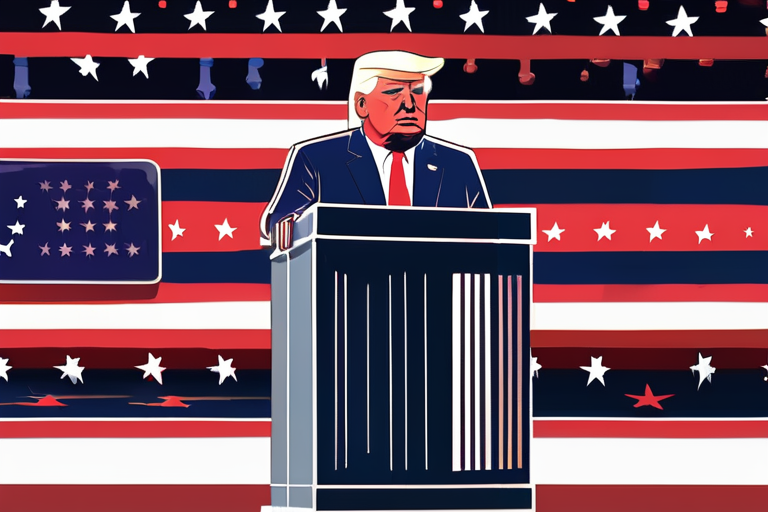
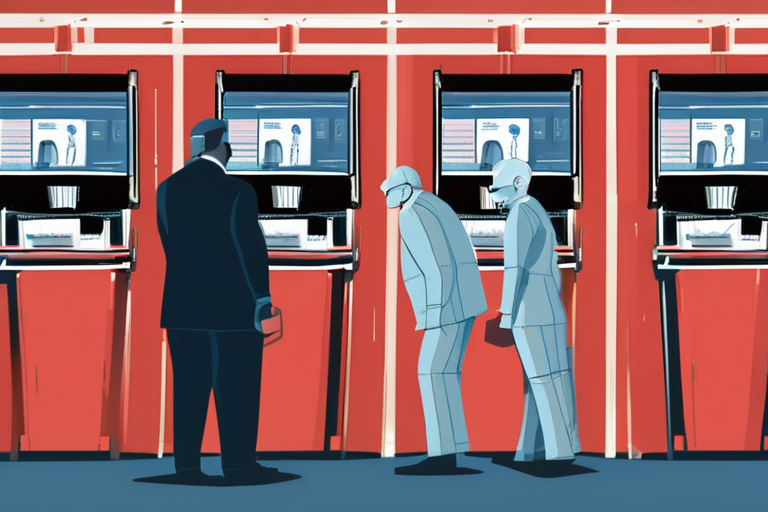

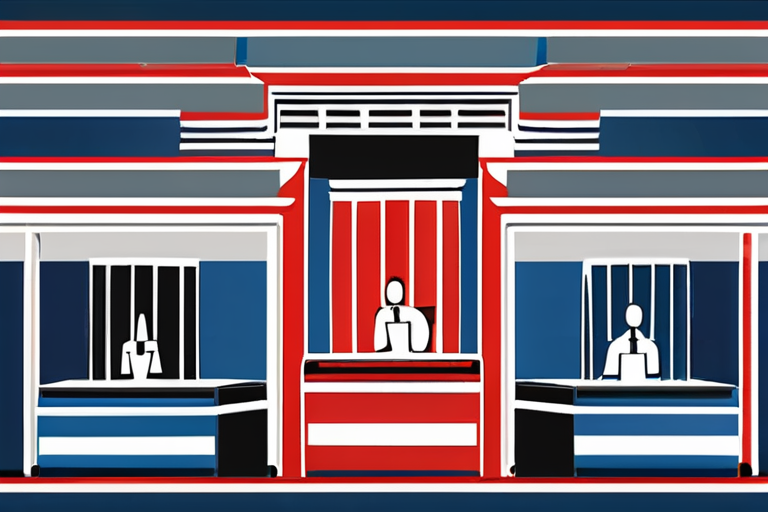




Share & Engage Share
Share this article